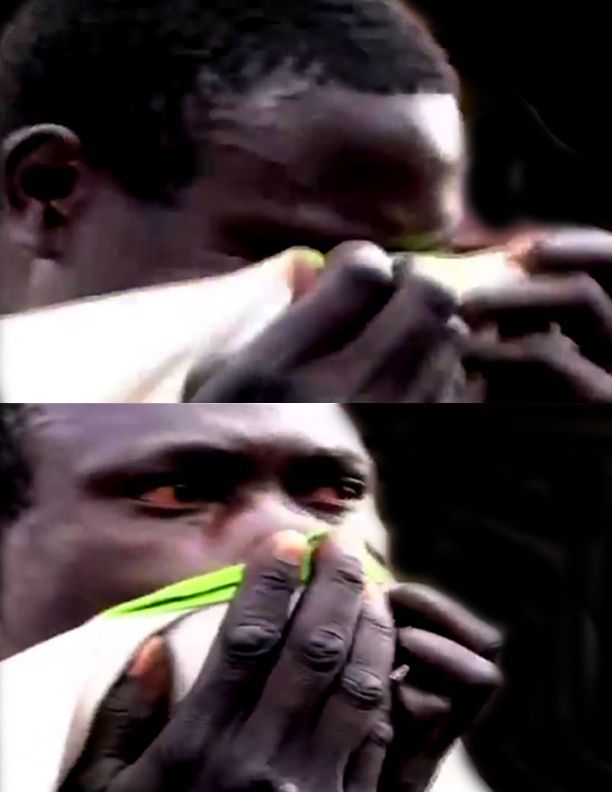Something has died.
A man in Kisumu is wailing. He will have to be my proxy as it’s easier to write about someone else’s tears. He is not wailing because Raila Odinga lost this election. That is what a cynical, narrow view of Kenyan politics would say. He is crying because, along with all the other Kenyans who watched the proceedings of the Supreme Court, he saw compelling evidence that the elections lacked credibility. The process was flawed, as Kethi Kilonzo argued in court. We cannot trust the results.
He remembers the most damning claim from the Kriegler Report, that widespread rigging made it impossible to credibly determine who had won the election. We needed this election to be credible. We needed to move on from the 2007 election by believing that our voices had been heard. That we could trust the electoral body and its processes. But if the IEBC was cleared by the Supreme Court, they lost whatever trust we had in them. I do not trust their processes. I do not trust their results. I am not willing to entrust them with Kenya’s future.
This man is crying because he believed in the Supreme Court. He believed that presented with compelling evidence, the justices would try to assuage our radical doubts, would try to reassure us that we could trust our electoral processes, no matter how long it took to get to the truth.
In their arguments before the court, the lawyers argued that they were representing Wanjiku. Wanjiku represents the ordinary mwananchi, the one most vulnerable to fluctuations in power. Wanjiku is not protected by armed guards and fierce dogs and gated communities. When hell breaks loose, Wanjiku is caught in it: as the injured, the killed, the raped, the dispossessed, the disenfranchised. Wanjiku’s voice is rarely heard. And if it were, it’s not clear that it would be understood.
This man from Kisumu is Wanjiku. He saw evidence of a flawed process presented on television and wanted the court to know that he saw this evidence and he demanded an accounting. He wants the fragile faith he had invested in Kenyan institutions—the electoral body, the Supreme Court—to stay alive.
Something was killed.
He was wailing—is still wailing, as long as that video clip exists—to mourn the death of something he needed to believe in, a process that made sense to him. A process not governed by an arcane maze of rules and processes, so arcane that Wanjiku can never negotiate it.
He is wailing because he discovered, as I did, that the law is not set up to give voice to the disenfranchised. The law is set up to follow rules.
And this is what I find most wounding.
I have no doubt that when the Supreme Court releases its judgment it will have followed all the rules. I have no doubt that it will be legally sound and might even become a famous case study for legal scholars across the world. I have no doubt that those invested in the minutiae of the law will find this case endlessly rewarding.
I simply can’t care about that.
I care because, along with many other Kenyans who followed the elections and monitored the results, I doubted the credibility of what was being announced. I care because, along with many other Kenyans who followed the case in court, I heard and saw compelling evidence that the elections were not credible. I care because, along with many other Kenyans who have invested their energy, their love, and their devotion to this country, I want to have institutions we can trust, and want to believe that after 50 years where Wanjiku has had no voice, she can finally be heard.
We wail because Wanjiku has been told what she sees, what she hears, what she feels is irrelevant. We wail because Wanjiku has been told that arcane rules trump the truth she knows. We wail because a faith we wanted to have has been decimated.
Something has died.

